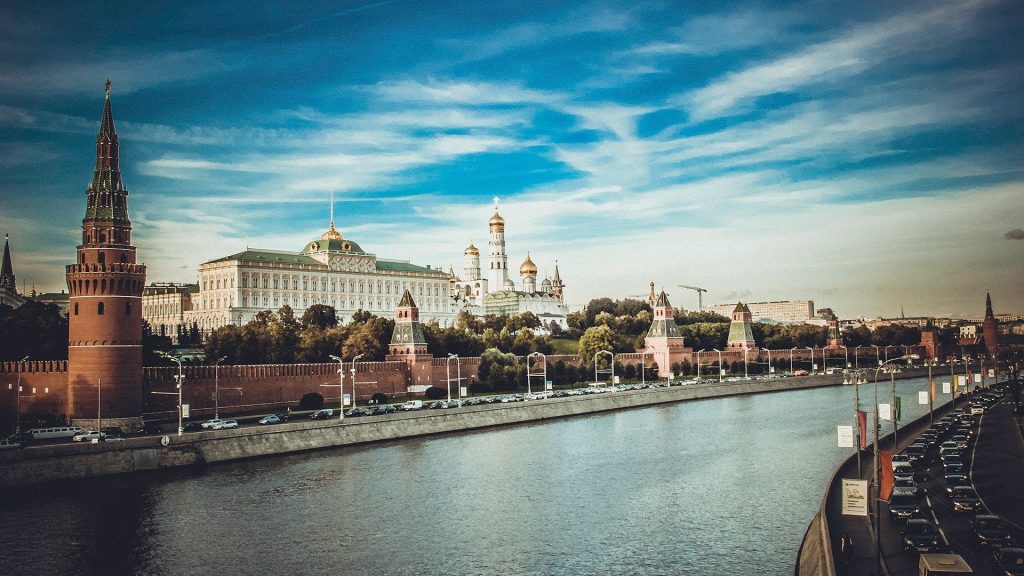
In a deeply interconnected and globalized world, conflicts and geopolitical tensions can have significant impacts on the global economy. The outbreak of the Russia-Ukraine conflict, for example, has disrupted the world’s political environment and led to Moscow’s comprehensive countermeasures, resulting in structural changes in the world economy.
It is important to note that the term “economic war” can have different interpretations and levels of intensity depending on the context. While conflicts and tensions between nations can certainly impact economic dynamics, it is crucial to approach the topic with nuance and consider multiple factors at play.
The Russia-Ukraine conflict, for instance, has led to various economic consequences. It has triggered sanctions and trade restrictions imposed by Western countries on Russia, affecting sectors such as energy, finance, and defense. These measures, in turn, have had repercussions on global supply chains, investment flows, and commodity prices.
Additionally, geopolitical tensions can influence investor confidence, create market volatility, and impact economic growth and stability. They can disrupt trade relations, hinder international cooperation, and lead to the reconfiguration of economic alliances and partnerships.
However, it is important to highlight that the global economy is highly complex and influenced by numerous factors beyond specific conflicts or geopolitical events. Economic trends and developments are shaped by a combination of domestic policies, global economic forces, technological advancements, and social factors.
As such, while conflicts and geopolitical tensions can contribute to structural changes in the world economy, it is essential to consider the broader context and interplay of various factors to understand the complexities and dynamics of the global economic landscape.
